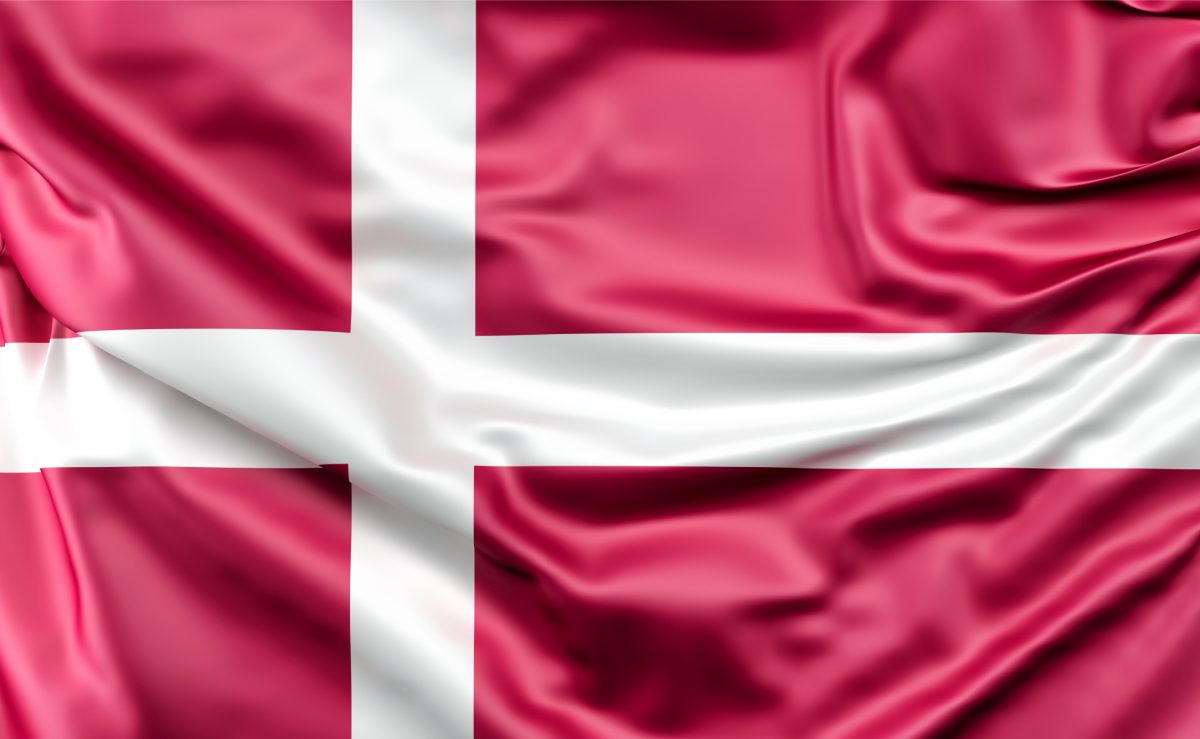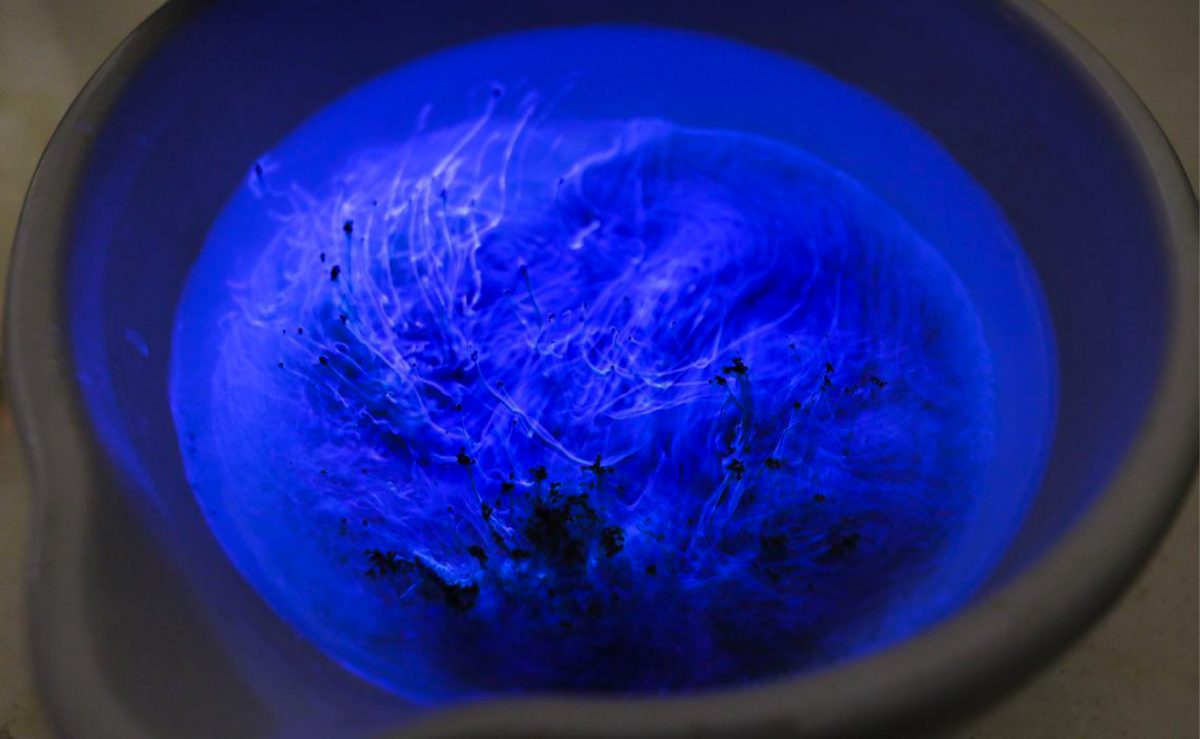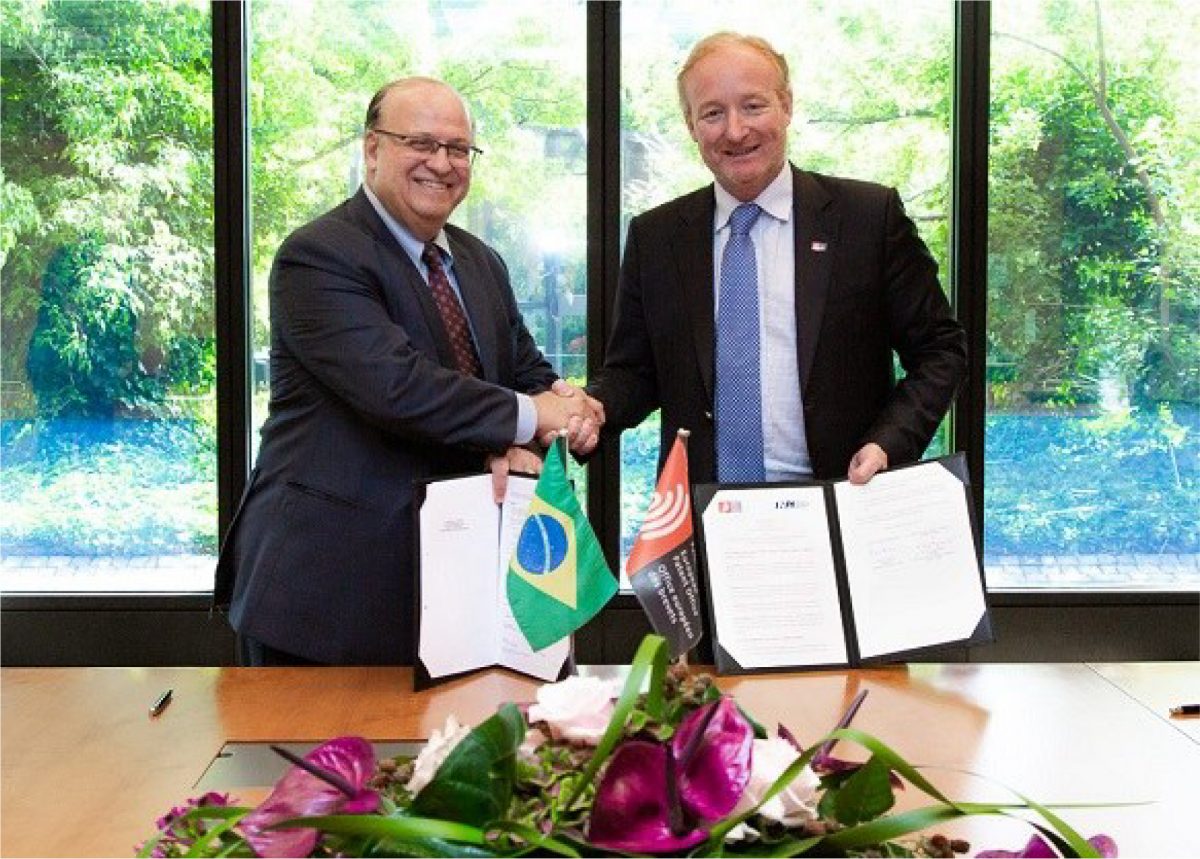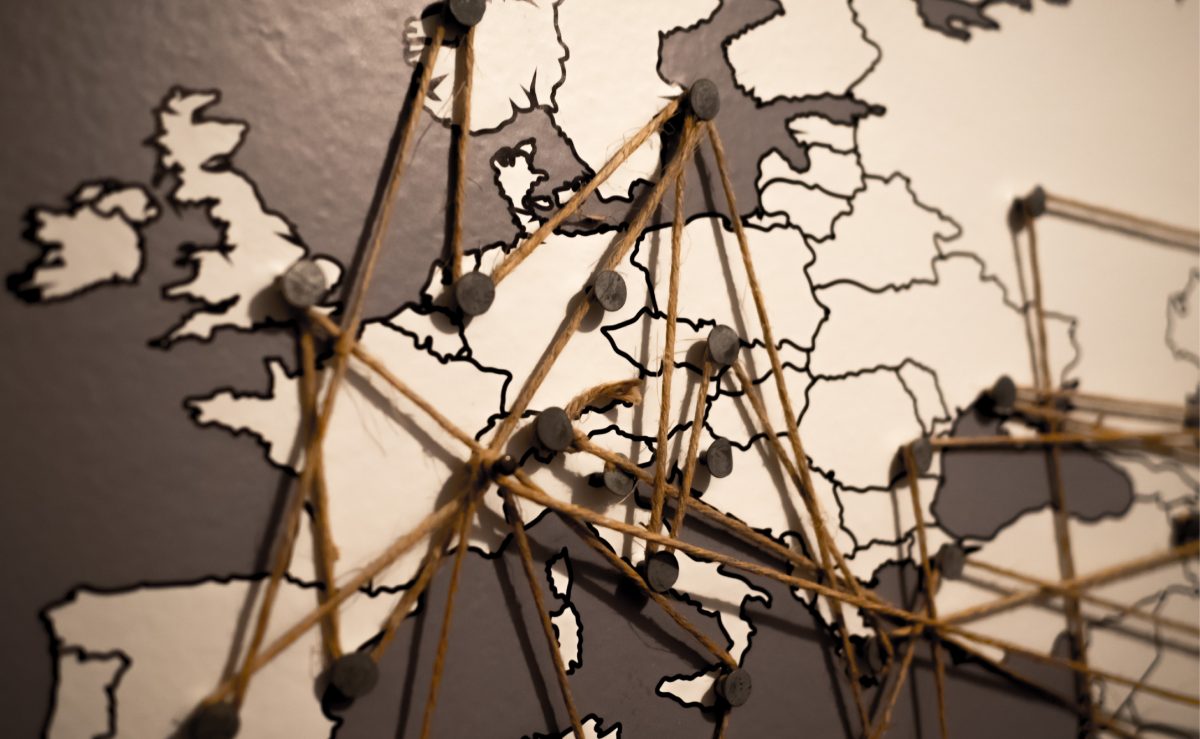Promote partnerships between Brazilians and Danes for innovation activities, including the generation and commercialization of Industrial Property assets, such as patents. This is the main objective of the three agreements signed on Monday, October 7, in Copenhagen (Denmark), by the president of the Brazilian Patent Office (BPTO), Claudio Furtado, with the director-general of the Danish Patent Office (DKPTO), Sune Stampe Sorensen, and with Danish Ambassador to Brazil, Nicolai Prytz.
According to the special secretary of Productivity, Employment and Competitiveness (SEPEC) of the Ministry of Economy, Carlos Da Costa, through the partnership with Denmark, Brazil gives a decisive impulse to expand innovation and, therefore, the competitiveness of Brazilian companies.
BPTO president, Cláudio Furtado, stressed the importance of the agreements to improve the innovation system in Brazil, as well as their positive effects on the economy. “We started a new model to improve the business environment in the country, in addition to promoting the creation and commercialization of Brazilian Intellectual Property in the world market,” he said.
The ceremony was also attended by the Brazilian ambassador in Denmark, Carlos Antonio da Rocha Paranhos. According to him, Brazil can be proud to have Denmark, one of the world leaders in innovation and intellectual property, as the first partner in a broad patent cooperation project.
New partnerships
The first agreement will encourage cooperation between companies from both countries in research, development, and innovation (RD&I). The mapping of potential participants is already being done in many regions of Brazil. One result of this work will be the creation of new patents and other Industrial Property assets in common, that is, involving two or more partners.
The second agreement will speed up the analysis of Brazilian patents in Denmark and vice versa so that these assets can be used effectively in both markets. This will be done through a new Patent Prosecution Highway (PPH) type agreement, broader than the current one. In this PPH model, the result of patent examination done in one country can be leveraged in the other to speed up the process.
Finally, the third agreement involves the next stage of an Industrial Property asset: commercialization. It refers to the IP Marketplace, an online offering and trading platform for these assets, which was developed in Denmark and now has Brazilian adhesion. There are 6,000 registered trademark, patent and industrial design owners from 157 countries.
News from: BPTO








